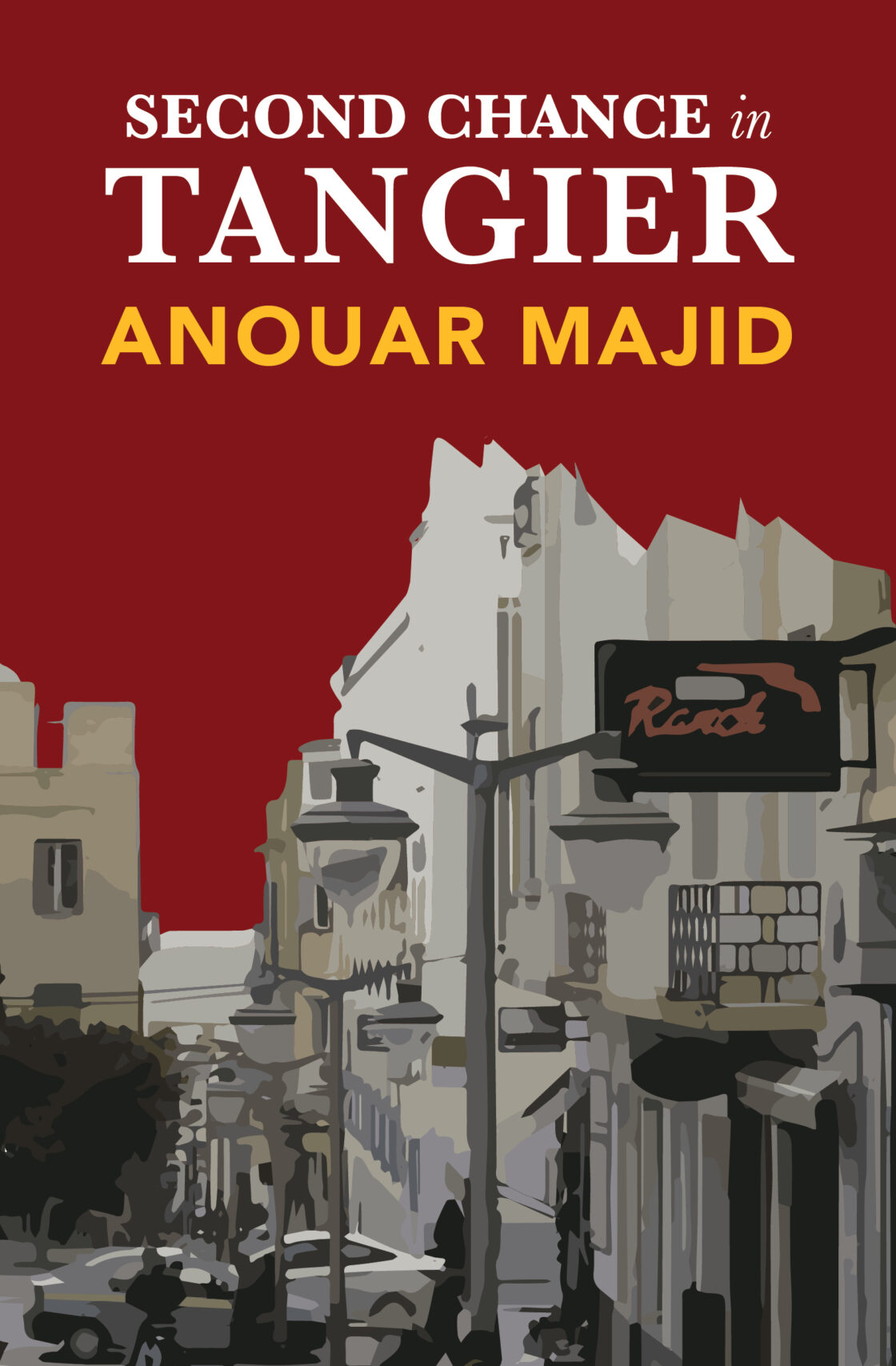Written before the coronavirus pandemic of 2020, Second Chance in Tangier tells the story of Lamin, a Moroccan man who leaves his native Tangier to study and teach in America and who makes something of a name for himself after writing a novel about a Muslim man who marries an unconverted Spanish Catholic woman. Lamin’s story is told by Rafik, the son of a childhood friend and a graduate student in New York who chooses to postpone his doctoral studies to find out about Lamin’s passions, loves, challenges, tragedies, his growing disenchantment with America, and his decision to return—after more than thirty-five years—to his native city. Rafik also realizes that—despite being from the same country—he and Lamin are divided by a world of unbridgeable differences. The destiny of both men, in the end, remains an open question.
All Comments (1)
Leave a Reply
You must be logged in to post a comment.
Comments are moderated by the editor and may not appear on this discussion until they have been reviewed and deemed appropriate for posting. All information collected is handled in a manner consistent with our privacy policy.




I have known Anouar Majid for about 28 years as colleague and friend. Finally, after all of that time and endless conversations, Majid’s latest book, Second Chance in Tangier, has given me a key to his thinking. I realize now that when Anouar was with me, his heart, mind and soul were still in Tangier.
Second Chance in Tangier is part personal memoir, part philosophical novel and part cliffhanger. To be clear, the protagonist, Lamin, is a stand-in for Majid. Through Lamin and his conversations with the narrator, who is posed as the son of a close friend, Majid explores issues of ethnicity and cultural differences, particularly as they relate to his American experience.
The book devotes much of its attention to the vying nationalities fighting for Majid’s loyalty. America looms large because of his decision as a young man to come to the U.S. to study, and then his decision to remain there to teach and raise a family. He loves America, but he is also a thoughtful and sometimes harsh critic. The book makes it clear that Anouar has always remained steeped in the culture of Morocco, in the tradition of his education, and, above all, in the sweet life of his native city. It is through that lens that his view of the world takes shape, and it is the memory of the beauty of life in Tangier, with its intersection of diverse cultures, its beaches, its cafés and its mix of the modern and the traditional that makes it impossible for him to see anything else that can hope to compete with it.
If Anouar Majid were not the social being that he is, I would think he were a polymath buried solely in his books. He reads voraciously and soaks up everything he can from wherever his interests may lead him. The vast library stored in his mind is obvious in Second Chance. He is an intellectual par excellence in the best French tradition, with all that implies in regard to breadth and depth of learning.
And yet for all of the rationality embedded in his education, it is a dream that has brought him to where he is today. Second Chance is an autobiographical novel, almost a work of non-fiction, save for its departures from actuality for the purpose of literary emphasis.
Having myself lived in France for a year and remembering how I judged the French through an American lens and, in turn, felt stereotyped by the French as an American, I can only imagine how Majid, facing even more divergent cultural differences, must have struggled with these issues. That he views America and Americans through the lens of his own cultural identity is clear, but it is also clear that he has struggled with the American stereotyping of Moroccans, particularly in the post 9/11 world. Identity, in fact, infuses all that Majid writes. It is almost an obsession.
So, the dream that is the antithesis of Majid’s French-style education, the assertion of feeling and emotion above reason, is the memory of his life as a young person in Tangier and Fez. That is the key to Anouar Majid. But it is Tangier, with its Medina, beaches, cafés–in sum, its good life–that exerts the irresistible attraction that pulls Anouar back to it. Had I foreseen those many years ago how constant and unchangeable this pull would be, I would have predicted, after cracking the first pages where Lamin would end up.
Second Chance in Tangier is more than the memoir of a person drawn back to his roots. It is a deeply personal reflection of an immigrant’s struggle to understand and fit into a different culture. It is also a critique of America by a perceptive and, in fact, loving critic who knows more about its history and culture than most Americans can ever hope to learn. Seen from that perspective, Americans have much to learn from the book. But Majid’s perception of America, as learned as it may be, is also disputable. It is a picture taken through a filter that alters its colors and suppresses its subtle shades. This is not an issue of factuality. It is a question of perception. Majid’s judgments on America impinge particularly on quality of life. But isn’t American bound to lose when held up against the dreams of a young man living the sweet life in Tangier? When we understand that, Lamin’s return to Tangier is the only and entirely foreseen outcome of his struggle to know himself, so that he can live the life that makes him whole.
Theodore DiPadova is a retired history professor and university dean.